News
IAS works to strengthen the engagement with water and sanitation issues across the country
More news available in Portuguese
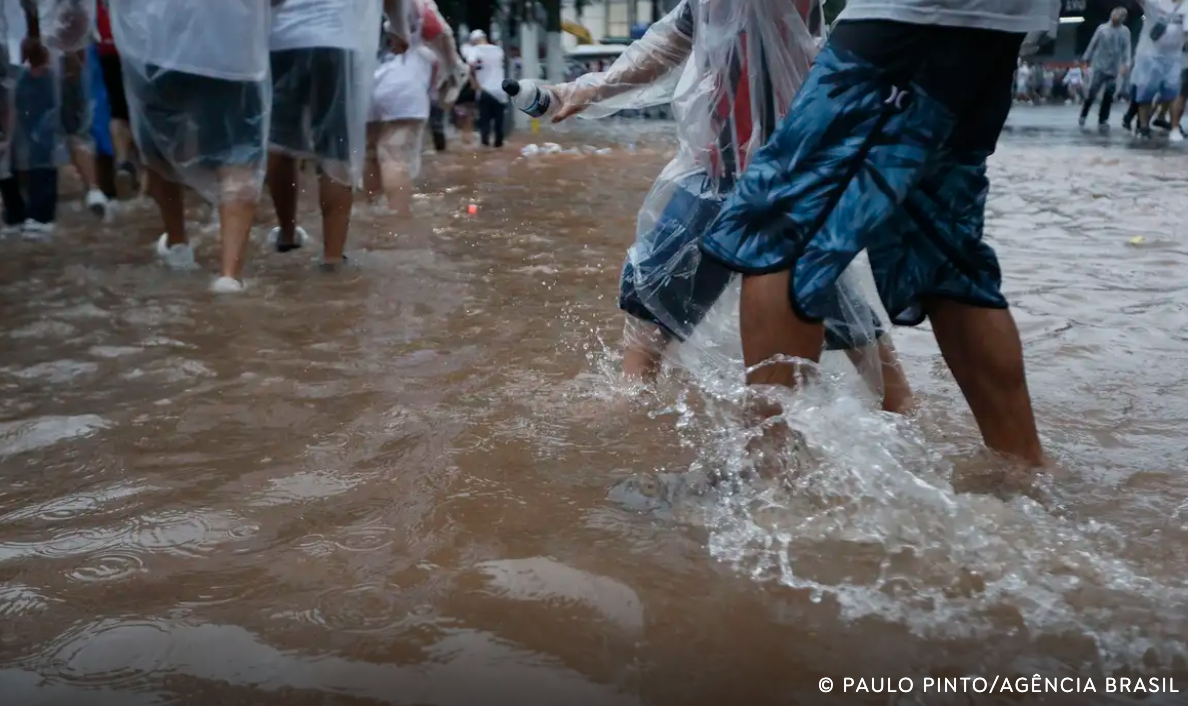
Climate adaptation was a key theme in 2025; see a retrospective.
“A questão não é se podemos dar-nos ao luxo de investir na água e no saneamento, mas antes se podemos dar-nos ao luxo de não o fazer”, disse uma vez a jurista portuguesa Catarina de Albuquerque. Sua morte em outubro de 2025, aos 55 anos, representou uma perda imensa. Seu legado e o impacto de…

IAS: six years supporting universal sanitation
The world of 2019, the year the Instituto Água e Saneamento - IAS (Water and Sanitation Institute) was founded, was very different from today. The pandemic had not yet arrived, and the severity of the climate crisis was little understood. In sanitation, the review of the Legal Framework, which profoundly redesigned the sector, had yet to be approved. Private providers were a minority in Brazil.
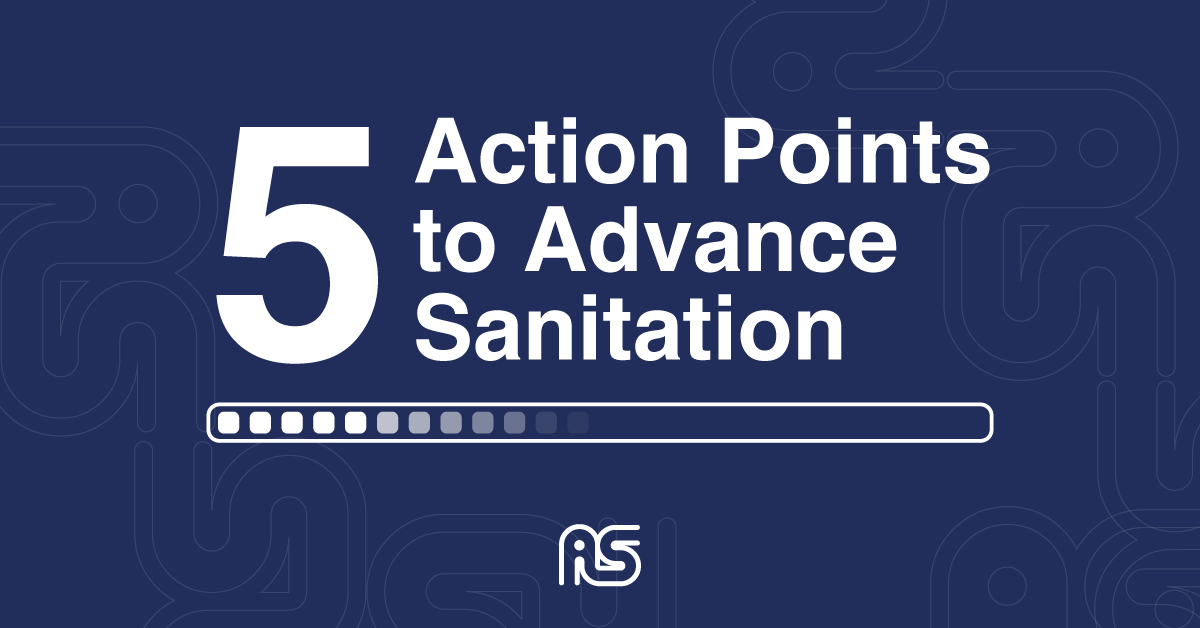
Inclusive and sustainable sanitation for all by 2033
IAS outlines five priority action points that can shape the direction of national policy, aligning with the actions proposed in the G20 leaders' declaration.

IAS launches the Water and Sanitation Forum, a space for exchange of ideas and debate
To celebrate its five years of activity, the IAS – the Water and Sanitation Institute – held a meeting in São Paulo on June 25 to launch the Water and Sanitation Forum. More than 50 guests were present, including representatives of NGOs, foundations, public agencies and private companies.

Expansion of private providers and advanced regionalization: the highlights of the sanitation sector in 2024
The review of the Sanitation Legal Framework, approved by the Brazilian Congress in July 2020, brought about profound changes in the sector. With the law now nearly four years old, IAS has unveiled the New 2024 Sanitation Chart, an unprecedented survey on the broad changes that the area has been undergoing. The full report can be downloaded here.

IAS: 5 years working on behalf of sanitation issues
On April 18, 2019, the Water and Sanitation Institute (IAS), a civil society organization whose mission is to expand access to sanitation to the entire Brazilian population, was founded. According to the 2022 Census, one in four Brazilians still has no access to sanitation...

Throughout history cooperation over water has been more common than conflict
Disputes over water have been around since ancient times. Historians record a hundred-year-long conflict related to water and irrigation in Sumer around 2500 BC. More recently, the tensions between Israelis and Palestinians have seen numerous clashes related to water sources.

IAS retrospective: water and sanitation in 2023
In Brazil, a country with historical problems of access to water and sanitation, time may go by but the challenges remain the same. And 2023 was no different. In fact, there was even a slight worsening of the situation. According to the 2023 Relatório Luz (Spotlight Report), Brazil has gone backwards in water and sanitation indicators, meaning that the 2030 target, established by the UN as a deadline for its member countries to make the world more sustainable and less unequal, has become more distant.

IAS promotes World Toilet Day on the streets and online
Activities to publicize the date promoted by the UN to raise awareness of sanitation problems included artistic activism, a cycle of debates and a series of videos
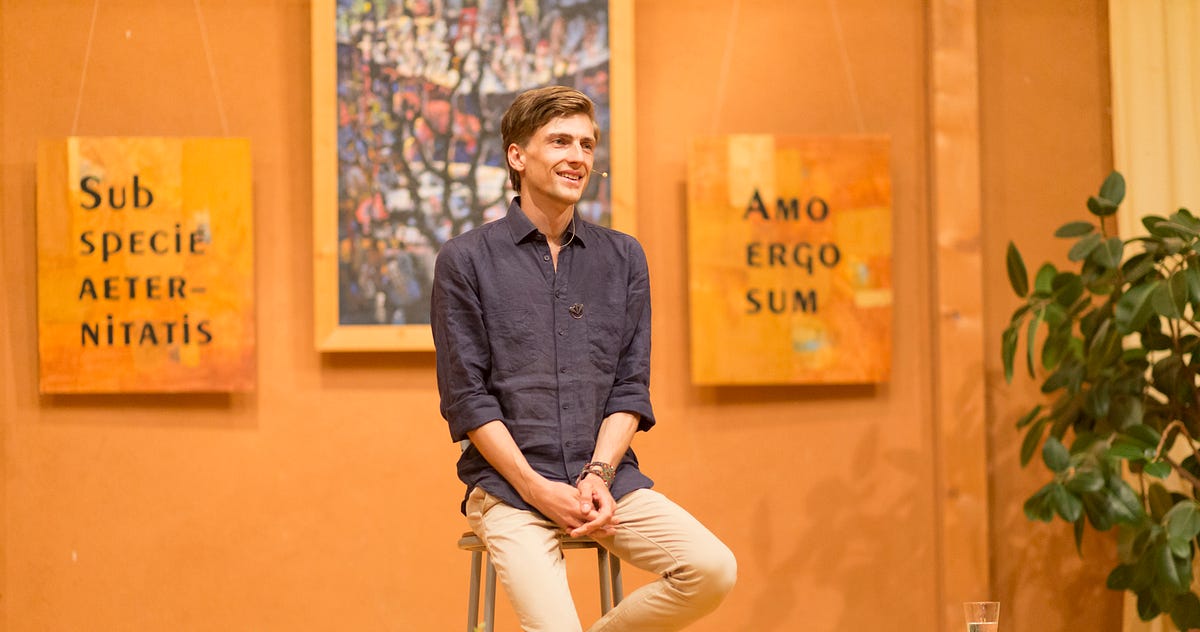
'The connection with nature has been broken', says Martin Winiecki, from Tamera Project
Located in the Alentejo region in Portugal, the Tamera Project is a community of around 160 people that works on restoring water cycles and ecosystems. In addition to practical work, the Tamera Project proposes a critical view of contemporary ways of life, which are environmentally unsustainable, and seeks to create what it calls “autonomous and decentralized models for a post-capitalist world.”
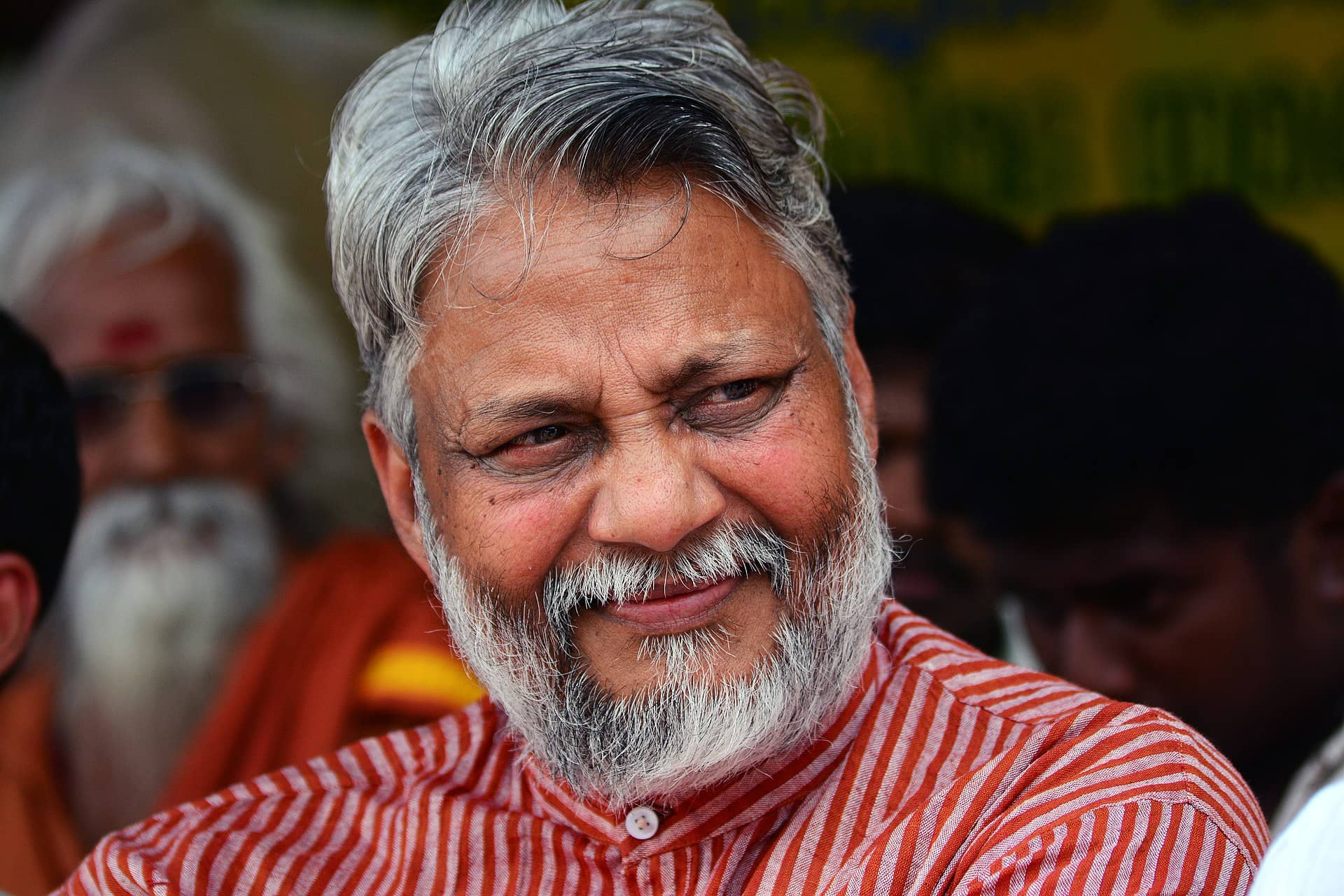
Rajendra Singh: 'Water is climate. Climate is water'
Known as the “Waterman of India,” Singh was in São Paulo at the end of September at the invitation of the Virada Sustentável. As the head of the NGO Tarun Bharat Sangh, Singh is responsible for initiatives that regenerate arid and semi-arid areas and practically dead rivers.

Brazil backtracks on UN water and sanitation goals, reveals the 2023 VII Spotlight Report
Brazil has backtracked on more than 60% of the targets that make up the 17 Sustainable Development Goals (SDGs), a United Nations guideline document to achieve a more sustainable and less unequal world by 2030. Among them there are several related targets to water and sanitation.
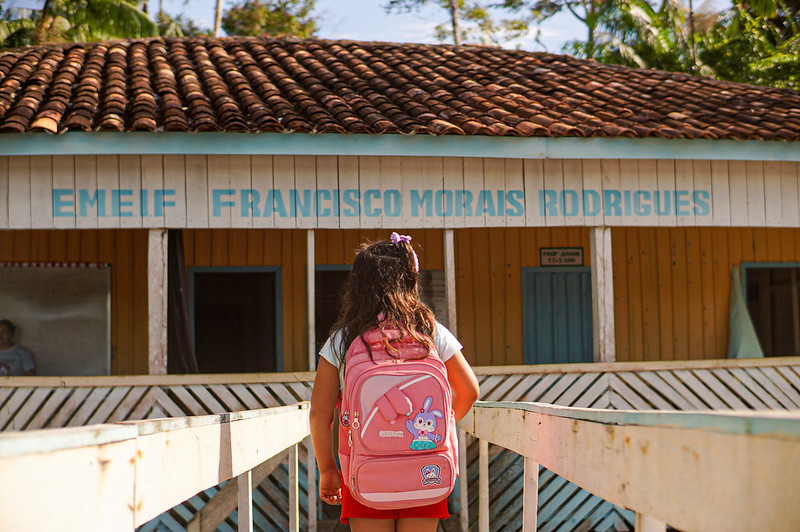
Project will bring sanitation to municipal schools on the Ilha do Marajó in the state of Pará
Marajó Island, in the state of Pará, is one of Brazil's environmental treasures. It is the largest fluvial-maritime island in the world, surrounded by rivers and the Atlantic Ocean.

The Water and Sanitation Institute is now part of the Climate Observatory
The Water and Sanitation Institute (IAS) is now part of the Climate Observatory (OC) network, which was established in 2002 to bring together civil society organizations to discuss climate change.
The Conference on Water showed the ability of Brazil’s civil society to come together.
The United Nations (UN) Conference on Water , which was held at the end of last month, more than 40 years after the last event of its kind, was understood by the Brazilian civil society engaged with this topic as a great opportunity for mobilization and coordination.This is how 14 organizations that would attend the conference,...
Coordination between IAS and partners ensures the participation of the Brazilian government in the United Nations Water Conference
More than 130 civil society organizations started a movement to call for the sending of a qualified delegation representing the Brazilian government to the UN Water Conference, organized by the IAS and 13 other partner institutions.
The IAS joins the Sanitation and Water for All (SWA) global partnership
This global partnership has been operating for 13 years to contribute to universal access to clean water, sanitation and hygiene. n January 2023, the IAS joined Sanitation and Water for All (SWA) - Created in 2010, Sanitation and Water for All (SWA) is a global
There is a Solution for Sanitation Network: coordination between multiple stakeholders to increase access to water and sanitation in Brazil
This network is accepting new members. Organizations and individuals may join through the initiative’s website.
Programação do Dia Mundial do Banheiro 2022 debate como garantir saneamento para todos, em todos os territórios
Under the theme ‘Making the invisible visible’, the event addressed the importance of placing sanitation on the political agenda and featured the launch of the ‘There is a Solution for Sanitation Network’.
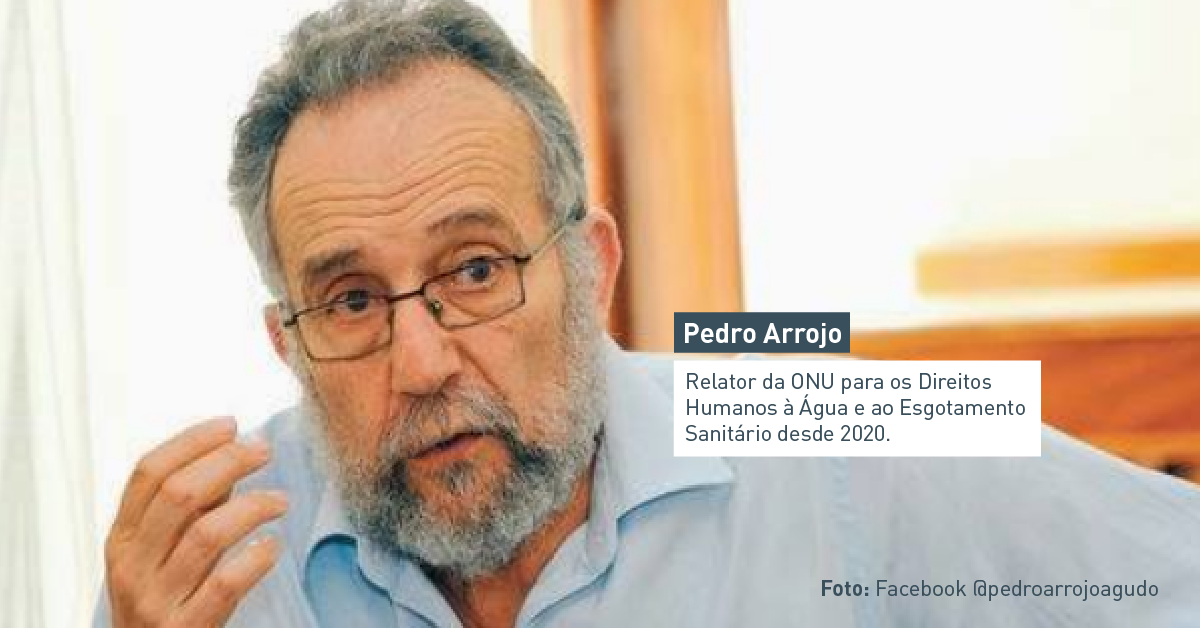
Reaching universal access to water and sanitation is looking at those in most need
In an interview with IAS, the UN Special Rapporteur for the DHAES, Pedro Arrojo defends investment in sanitation solutions that require less financial and technical support, highlights the protagonism and involvement of women and warns about the urgency of caring for the environment environment
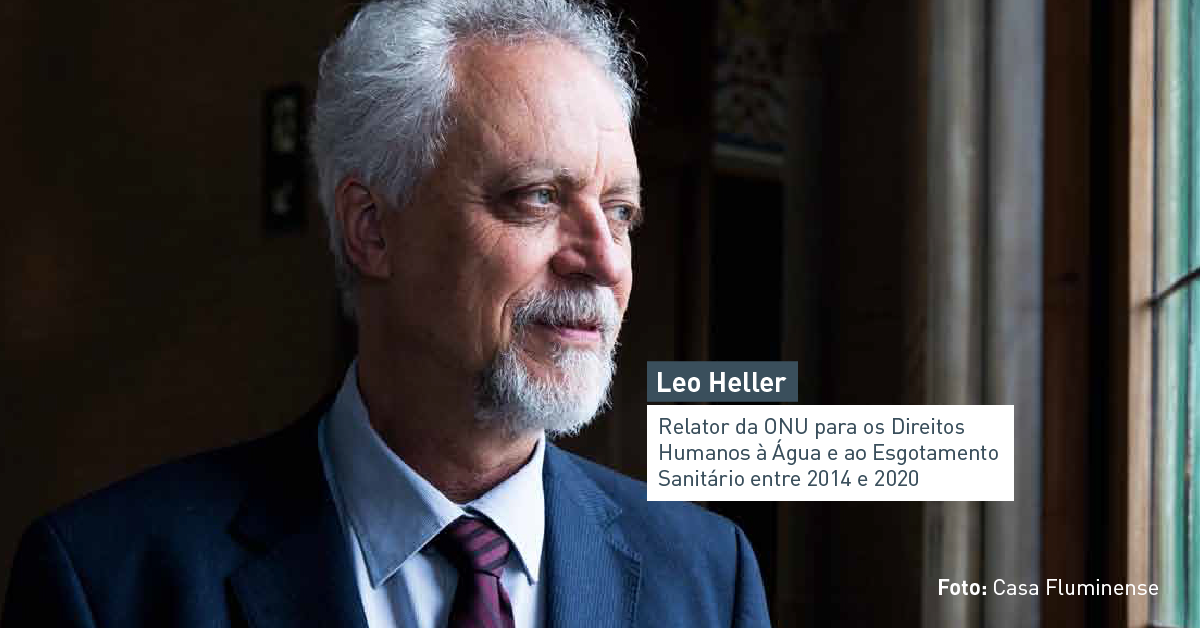
Sanitation: a human right far from being guaranteed to all.
In an interview, Professor Léo Heller points out the need to mitigate inequalities in order to achieve universal access to sanitary sewage.
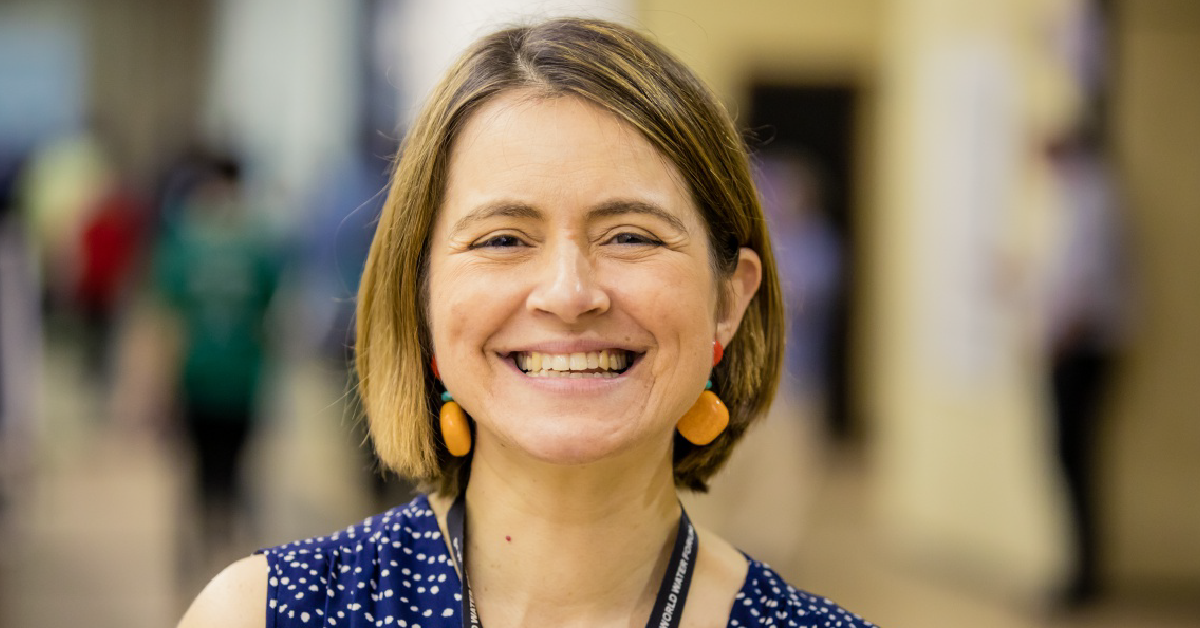
The Human Right to Water and Sewage Treatment is a social, collective and feminine historical achievement!
The knowledge and perseverance of one woman contributed to the recognition of the Human Right to Water and Sanitary Sewage.
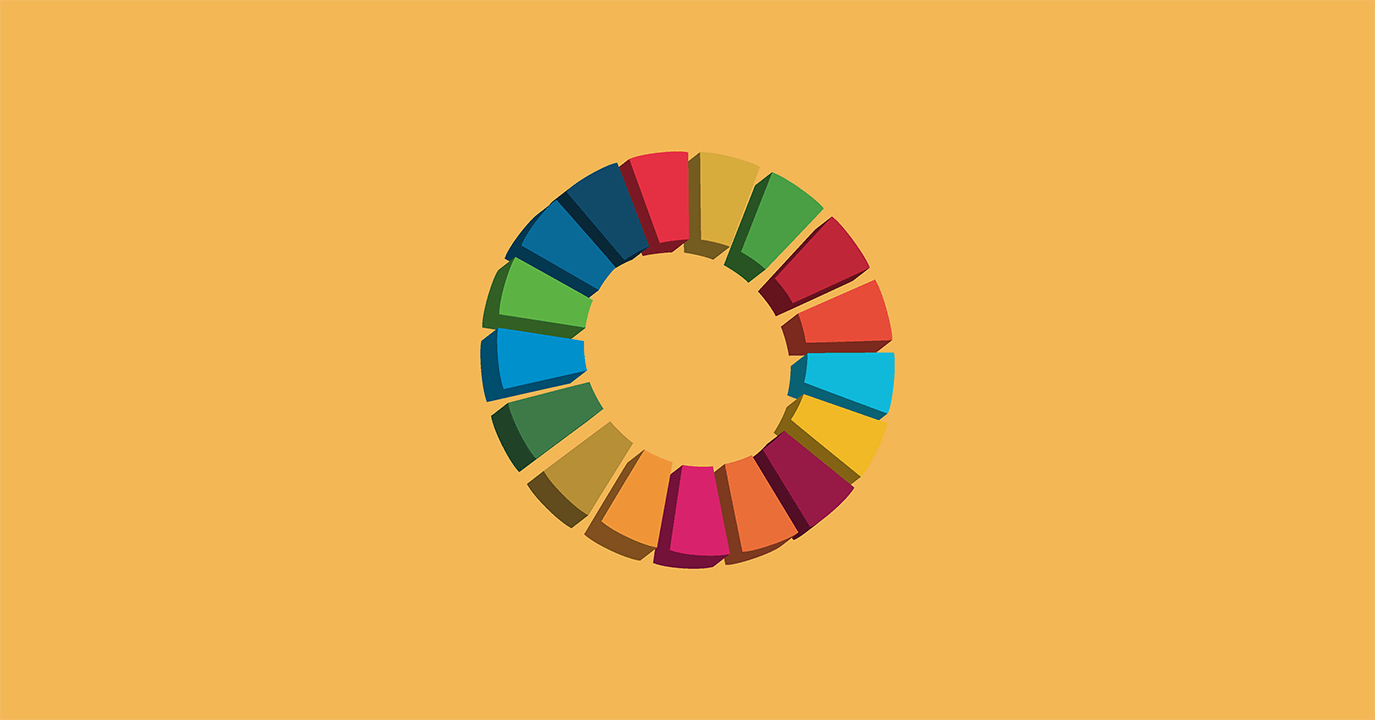
IAS is now part of the Working Group on the 2030 Agenda
Since June, the IAS has been part of the Civil Society Working Group for the 2030 Agenda (2030 Agenda WG), a coalition of non-governmental organizations, social movements, forums and Brazilian foundations dedicated to defending rights and fighting inequality.
Initiatives
Discover IAS initiatives that aim
to inspire change in the sanitation sector
Municipalities and Sanitation
Access the latest data on sanitation in Brazilian municipalities.
World Toilet Day
Every year, we promote actions to raise awareness about the importance of access to proper toilets and hygiene.
Water and Sanitation Forum
This is a permanent space for dialogue and idea exchange among various social actors connected to the sanitation sector and its cross-cutting themes.